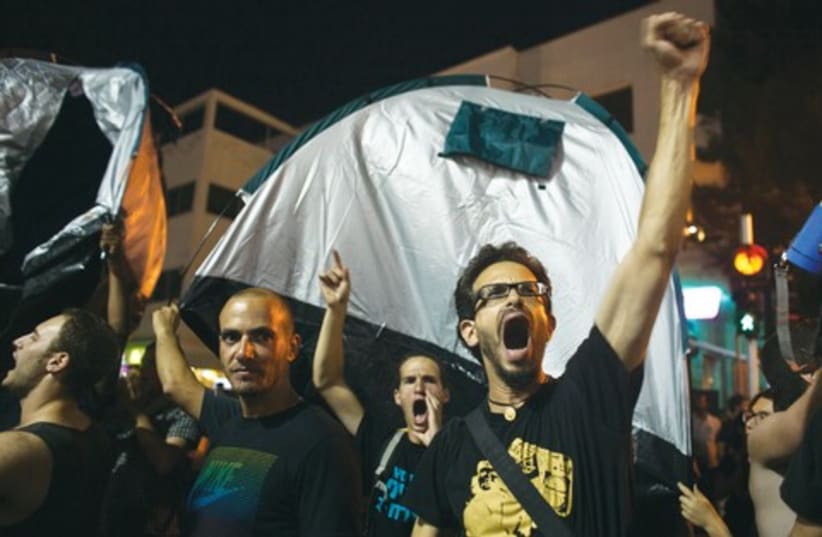Liberman adopts Lapid's talking points; Shas recalcitrant
Former FM says gov't must focus on domestic issues if it is to succeed; Yishai says he will never accept sending yeshiva students to IDF, demands ministry for Deri; Barak: Elections a win for ignored social justice movement.
